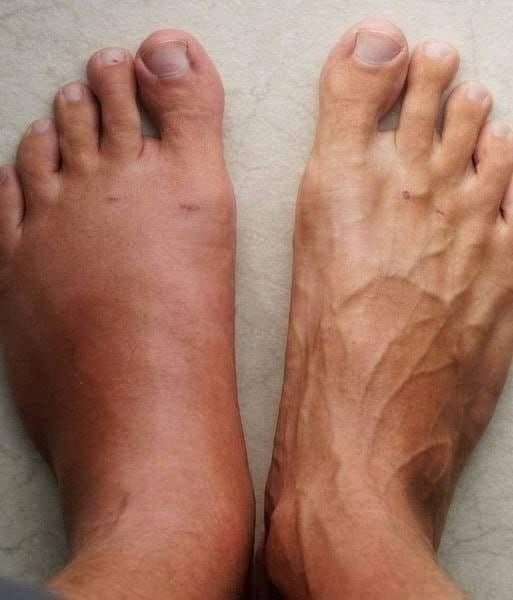- Shortness of Breath
If you find yourself getting winded after climbing stairs, walking short distances, or even while resting, it may signal a problem. This can occur when the heart struggles to circulate blood efficiently due to narrowing arteries. - Unusual Fatigue
Feeling tired after a long day is normal—but persistent, unexplained fatigue can indicate that your heart is working overtime. This kind of exhaustion often doesn’t improve with rest. - Chest Discomfort
A feeling of pressure, tightness, or pain in the chest—even if it’s mild or intermittent—can be an early warning sign. It may not always feel dramatic but should never be ignored. - Cold Sweats
Breaking out in a sudden, clammy sweat without physical exertion can be a subtle sign of a heart problem. It’s often mistaken for anxiety or illness but could indicate the heart is under stress. - Dizziness or Lightheadedness
Feeling faint, dizzy, or off-balance could mean that blood flow to the brain is being compromised—sometimes due to an underlying cardiac issue. - Nausea or Indigestion
Some people, especially women, may experience nausea, stomach pain, or indigestion in the days before a heart attack. These symptoms are frequently misread as a minor stomach bug or acid reflux.
When to Seek Help
If you or someone you know experiences a combination of these symptoms—especially if they’re persistent or worsening—seek medical attention immediately. Early intervention can save lives.
Heart disease may be the world’s top killer, but it doesn’t have to be. Awareness, early detection, and action are powerful tools in protecting your health.
Don’t wait for a crisis. Listen to your body’s early warnings—it’s often trying to help you long before you realize something is wrong.

